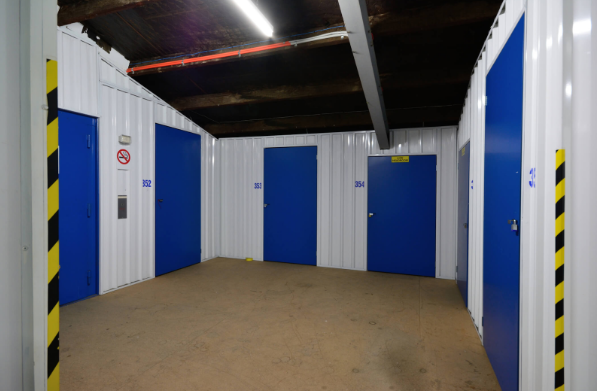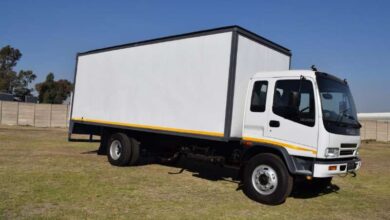The Essential Guide to Self Storage Units: Maximizing Efficiency and Convenience

Self-storage units have become an indispensable solution for managing space, both for personal and business use. These facilities offer a flexible, secure, and convenient option for storing belongings when space is limited or when transitioning between locations. This article explores the key benefits, considerations, and trends associated with self-storage units.
Understanding Self Storage Units
Self-storage units are individual spaces rented out to individuals or businesses for the purpose of storing personal or commercial items. These units come in various sizes and configurations, catering to a wide range of storage needs. They are typically located in dedicated storage facilities that provide secure, controlled environments to protect stored items.
Benefits of Self Storage Units
- Flexibility and Convenience
One of the primary advantages of self-storage units is their flexibility. Users can select from a variety of unit sizes and types based on their specific requirements. Whether storing seasonal items, excess inventory, or personal belongings during a move, self storage units offer a tailored solution that can adapt to changing needs.
- Enhanced Security
Security is a critical consideration when choosing a storage solution. Modern self-storage facilities are equipped with advanced security measures, including surveillance cameras, electronic gate access, and on-site security personnel. These features ensure that stored items are protected against theft and damage.
- Cost-Effectiveness
Self-storage units provide a cost-effective alternative to larger residential or commercial spaces. Renting a storage unit is often more affordable than expanding or relocating, making it an economical choice for those needing extra space without the long-term commitment.
- Accessibility
Most self-storage facilities offer flexible access hours, allowing users to retrieve or deposit items at their convenience. Some facilities even provide 24/7 access, ensuring that users can manage their storage needs according to their schedule.
Choosing the Right Self Storage Unit
- Assessing Your Needs
Before selecting a storage unit, it’s essential to assess your specific needs. Consider the volume of items you plan to store, the type of items (e.g., furniture, documents, equipment), and any special requirements such as climate control. This assessment will help determine the appropriate unit size and features.
- Facility Location
The location of the storage facility can impact both convenience and cost. Choosing a facility close to your home or business can reduce travel time and transportation costs. However, it’s also important to balance proximity with the facility’s security features and overall reputation.
- Comparing Features
Different storage facilities offer varying features and services. When comparing options, consider aspects such as security measures, climate control, accessibility hours, and additional services like packing supplies or truck rentals. These features can enhance the overall storage experience and ensure that your belongings are well-maintained.
- Understanding the Rental Agreement
Carefully review the rental agreement before committing to a storage unit. Pay attention to details such as rental terms, payment schedules, insurance options, and any additional fees. Understanding the terms of the agreement will help avoid unexpected costs and ensure a smooth storage experience.
Trends in Self Storage
- Climate-Controlled Units
Climate-controlled storage units have become increasingly popular due to their ability to protect sensitive items from extreme temperature fluctuations and humidity. These units are ideal for storing electronics, antiques, artwork, and documents that require a stable environment.
- Technology Integration
The integration of technology in self-storage facilities has enhanced security and convenience. Features such as mobile access control, online reservation systems, and automated billing streamline the storage process and improve user experience.
- Eco-Friendly Practices
As sustainability becomes a growing concern, many storage facilities are adopting eco-friendly practices. This includes using energy-efficient lighting, implementing recycling programs, and incorporating sustainable building materials. These initiatives contribute to reducing the environmental impact of storage operations.
- Innovative Storage Solutions
Innovative storage solutions, such as modular and multi-purpose units, are emerging to meet the diverse needs of users. These solutions offer adaptable storage options that can be customized to fit specific requirements, providing greater flexibility and efficiency.
Conclusion
Self-storage units offer a valuable solution for managing space, providing a secure, flexible, and cost-effective option for storing personal and business items. By understanding the benefits, carefully selecting the right facility, and staying informed about current trends, users can maximize the efficiency and convenience of their self-storage experience. Whether you are downsizing, transitioning between locations, or simply needing extra space, self-storage units can play a crucial role in managing your storage needs effectively.





